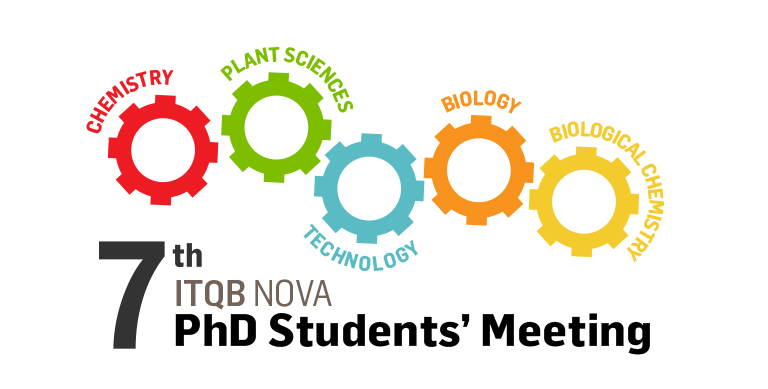Invited Speakers

| Overview | Program | Invited Speakers | Registration | Contact |
|
|
|
|
|
Eugénia CunhaFull Professor
How does Forensic Anthropology face the new challenges of nowadays societies: from terrorist attacks to crimes against humanity Crimes against humanity and mass disasters had always been one of the key areas of expertise of forensic anthropology. Yet, in nowadays society, different types of mass disasters and new situations are requesting new methodological tools to face them. This is the case of the refugee crisis, leading to an increasing need to identify both living and dead migrants. It is also the situation of terrorist attacks where identification has sometimes to be done on the basis of fragments and body parts. On the other hand, crimes against humanity continue to happen almost everywhere. In this presentation we will approach how forensic anthropology can contribute to some of these cases, namely the identification of burned remains, fragments and body parts. Furthermore an example will be given in which this science was able to document violation of human rights. We argue that forensic sciences play a key role in the globalized societies of nowadays.
|
|
|
Thomas HänscheidPhysician
Do you believe in magic? “The desire to take medicine is perhaps the greatest feature which distinguishes man from animals.” (Sir William Osler) Alternative medicine and alternative treatments are in vogue. In the UK or USA, up to 50% of people have tried it on themselves or their children. Portugal appears to be following suit. Homeopathic treatments, including the omnipresent Oscillococcinum for the winter flu; acupuncture, with primetime appearances of their practitioners on national TV shows; pills for memory, perceived lack of calcium or a better sex live; or even more “sophisticated” approaches, like quantum-medicine, electro-therapy, or homotoxicology; a myriad of diets to “detoxify” the body (or parts of it); topped by conspiracy theories why it would be better not to vaccinate your child to protect it from autism. The list of diseases which are “successfully treated” or even “cured” is long; ranging from more banal infections, back-pain, allergies, to live-threating diseases such as cancer or HIV. What actually is alternative medicine? How does it work? Does it work at all? What are the concepts and theories behind it? How do these theories fit into science? How can I tell if an alternative treatment works or not? And anyway, are there not enough people who have experienced for themselves that it works? What could explain the true effectiveness of these therapies? Could that not be used in medicine? What is the impact of all this on the society’s way of scientific reasoning and scientific culture in general? This talk will address these issues in an engaging, provocative and hopefully, entertaining way.
|
|
|
David CristinaSenior Investment Consultant
From bench to Venture Capital A short presentation on the twists and turns of a career path leading from researcher to venture capitalist. Also, some insights on bringing academic discoveries to market, from the Venture Capitalist's perspective.
|
|
|
Zita MartinsRoyal Society University Research Fellow
Origin and detection of life in our solar system The question of how life originated on Earth is yet to be answered by scientists. It is currently accepted that a continuous supply of organic molecules was as a requirement for the origin of life. These organic molecules may have been synthesised on the early Earth (by atmospheric and/or geochemical sources, e.g. in deep sea vents), and/or delivered by exogenous sources (e.g. comets and meteorites). Indeed the Earth was heavily bombarded by comets, asteroids and meteorites 4.6 to 3.8 billion years ago. Life may have also originated in other parts of our solar system, including Mars and some of the icy moons of Jupiter and Saturn (e.g. Europa and Enceladus). In this talk we will discuss how exogenous sources may have contributed to the origin of life in our planet, and how to detect potential signatures of extra-terrestrial life in our solar system.
|









